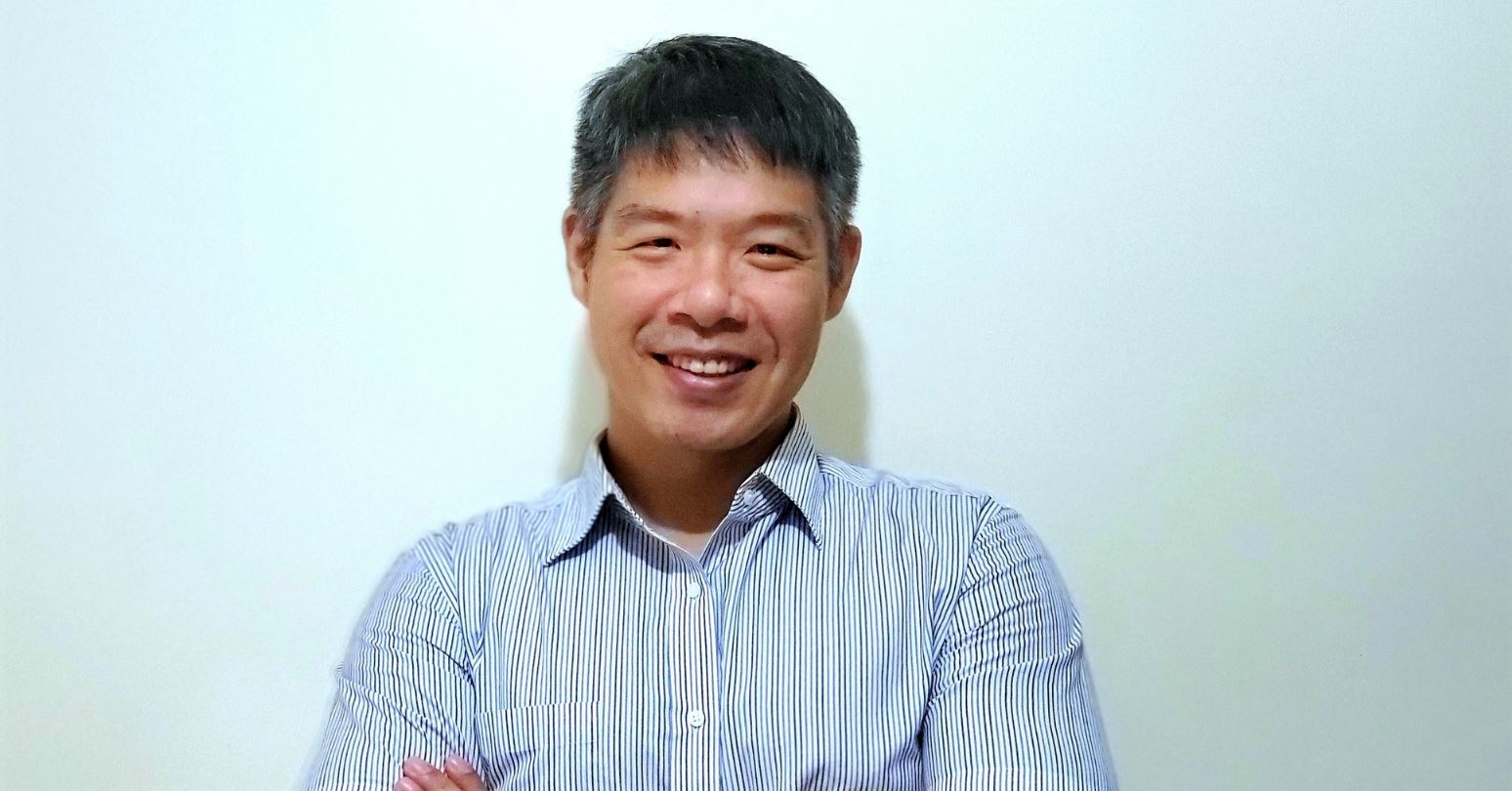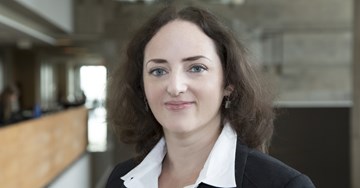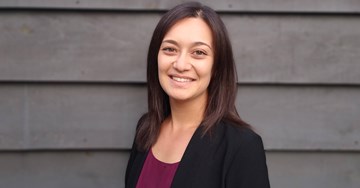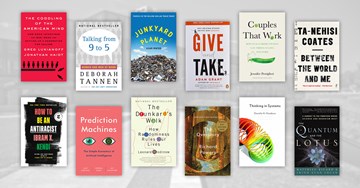Ivey welcomes six new faculty members to campus! To help you get to know our new colleagues, we asked each of them some questions about their academic – and personal – interests.
Get to know: Steve Wu
Meet Steve Wu, Ivey’s new assistant professor in Managerial Accounting and Control. Wu earned his PhD in Accountancy at the University of Illinois at Urbana-Champaign, after working for several years as a management consultant. His research examines management control systems design, with a special interest in performance evaluation and compensation.
On the personal side, the Taiwan native brings an interest in Japanese novels, a focus on family, and an amazing accomplishment in personal fitness. Find out more in his Q&A.
Q&A with Steve Wu
What is the most important thing business executives can learn from your research/area of expertise?
My research examines various issues related to the design of management control systems, and how these systems influence managers’ and employees’ decisions and shape their behaviors. I am especially interested in topics about performance evaluation and compensation. For example, in one study, my research team examines the relative impact of bonus and penalty on performance. We find that, although both schemes motivate employees’ efforts, the relative impact varies with the value of bonus/penalty. Although a small amount of penalty seems to be more effective than the same amount of bonus, the incentive effect of a penalty deteriorates quickly when its value increases, likely due to its “side effects” to employee morale and perceived fairness. Meanwhile, employees, especially those with high job-related skills, are more likely to quit after being penalized. Therefore, penalties may lead to losses of valuable human capital in an organization, too.
Where did you grow up and what was it like there?
I grew up in a small town in Taiwan. The lifestyle in my hometown was rather quiet and laid back. However, I have spent most of my life studying and working in big cities (Taipei and Hong Kong). I missed the peaceful, small town lifestyle after living in Hong Kong, a super busy and crowded mega city, for many years.
Who have been your strongest influences in life?
My parents have had the strongest influence in my life. Besides them, my mentor in my master’s degree, Anne Wu, has had very significant influence on my academic career. She led me to the world of academic research, and we have been working together on many research projects since then.
What led you to your career?
I worked several years as a management consultant before pursuing my PhD. There are some similarities between consultants and empirical researchers - we like to analyze data and want to get meaningful insights from it. The difference is that academic research makes the knowledge exploration process more solid and rigorous. I think the curiosity and desire for knowledge led me to the academic career.
What do you like to do when you’re not working?
When I am not working, I love to spend time with my family and friends. My two children, ages six and nine, keep me busy all the time. My family and I love to travel to different countries. Our favorite country for traveling is Japan. The two kids love Japanese food and hot springs.
What might someone be surprised to know about you?
I weighed around 280 lbs in 2017. I lost 80 lbs in one year through diet and exercise. Now I try to work out (mostly weight training + some cardio) for at least one hour every day.
What is the most played song on your playlist as of now?
My wife and six-year-old daughter love Zumba dancing, so my playlist is now dominated by all the Zumba songs. When I work out, I like to listen to Chinese songs by Jay Chow and Hua Chenyu.
What book would you recommend to others? On the personal side? On the business side?
On the personal side, I love reading Japanese novels, and my favorite authors have been Kawabata Yasunari and Murakami Haruki. On the professional side, I would recommend Misbehaving: The Making of Behavioral Economics by Richard Thaler. The author reveals how behavioral economics opens a new way to look at everything in our daily life, which is quite different from what we normally assume in traditional economics, so we can make smarter decisions and avoid some common mistakes.
Any tips for staying connected or succeeding in an online learning environment?
Despite the current situations due to the pandemic, online learning is the trend and the future. Nowadays, you can self-learn almost everything, from programming to body building, online. The key is to set a clear goal, so you’ll stay motivated throughout the learning process. For example, my son wanted to design his own computer games, so he started to learn coding online. I wanted to lose weight and stay fit, so I searched information about exercise and nutrition online and applied the knowledge to my workout. Finding your motivation - what you want to achieve - is the key to the success of learning.



